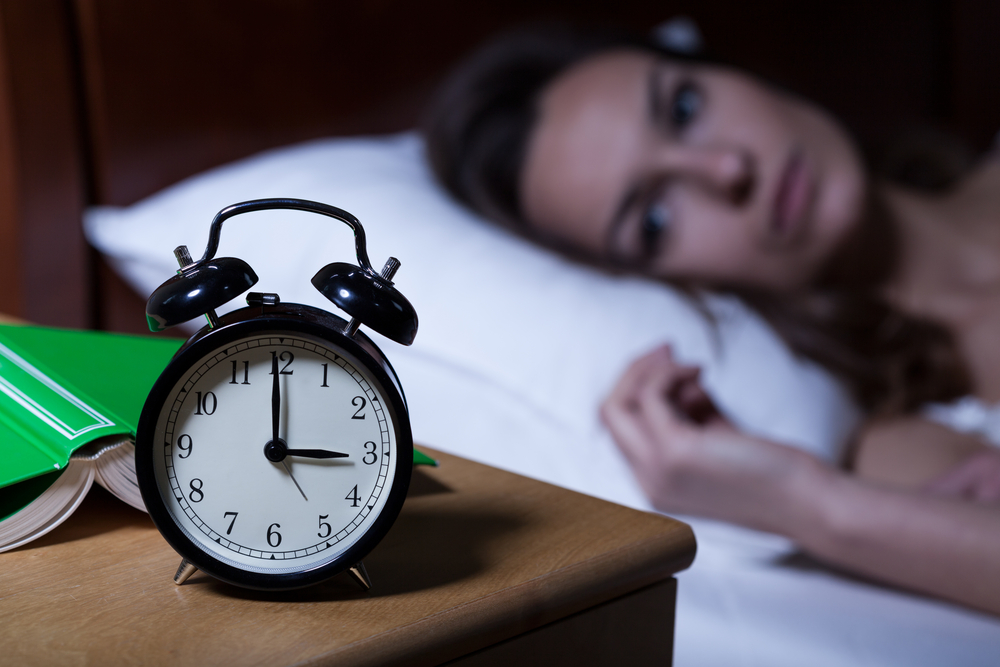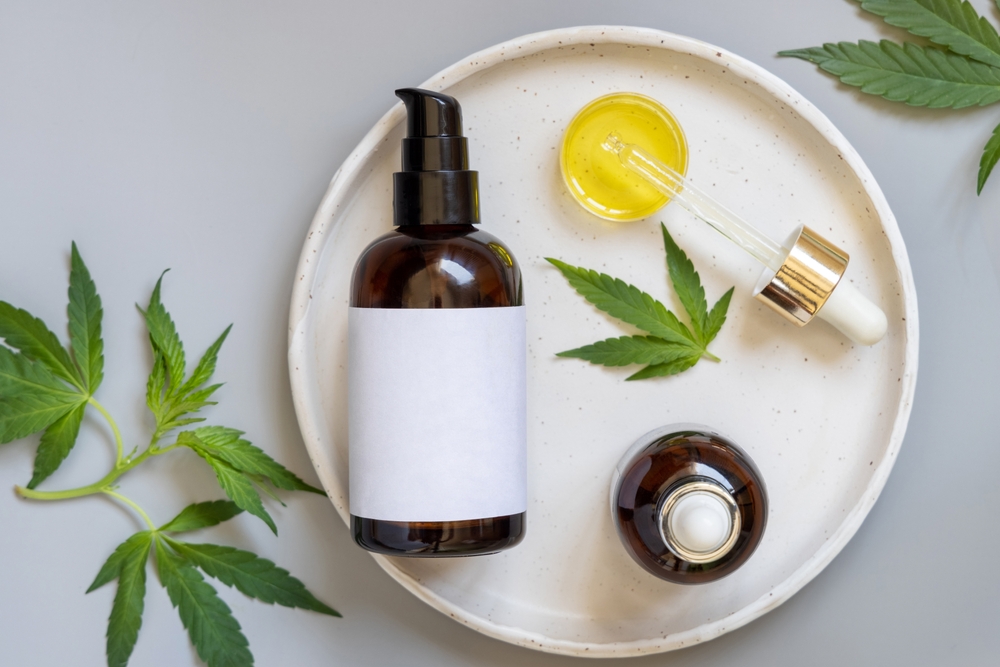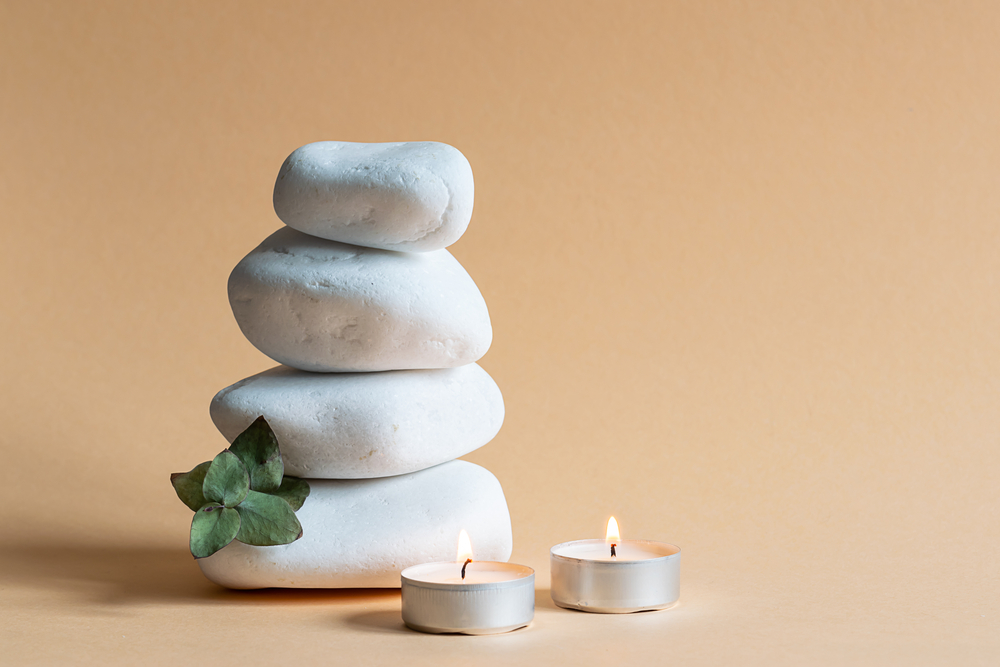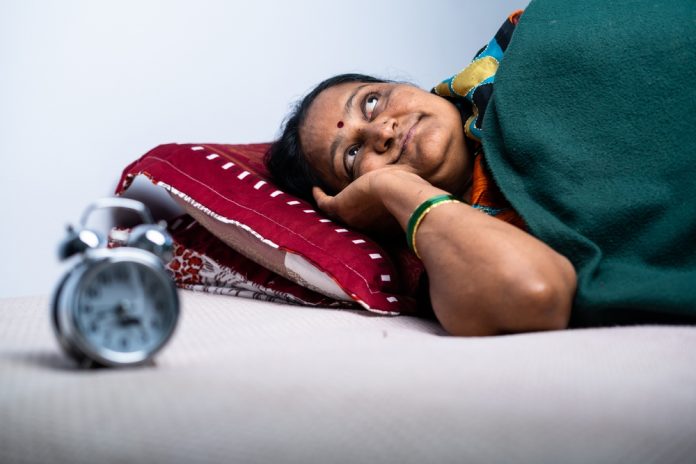Everyone experiences an occasional restless night, but having trouble falling or staying asleep regularly can severely affect your health and well-being. As we age, this can become a greater problem. Insomnia is one of the most common sleep disorders in seniors. Up to 48% of older adults experience symptoms of insomnia.
What is Insomnia?
A person with insomnia has difficulty falling asleep and staying asleep. Not getting enough sleep at night can cause daytime sleepiness and interfere with your daily activities.
What Changes to Expect with Sleep as You Age?
As we age, our bodies go through a lot of changes. Some of these changes significantly affect our quality of sleep and sleep patterns. Some of the most common challenges with sleep as we age include:
- Waking up early in the morning
- Getting tired earlier in the evening
- Waking up multiple times in the middle of the night
Having insomnia
As we get older, our bodies cannot process the sleep-wake systems well enough. This is due to changes in hormones. For instance, aging adults produce less of a hormone called melatonin. This is significant because melatonin regulates our sleep. When we have less of this hormone, we do not sleep as well. It is important to try and get the early morning sun on ourself for at least five minutes every week… not more than that! This will help regulate the melatonin levels, hopefully.
Our sleep cycles change as we age, too. A typical sleep cycle is divided into four stages: two stages of “light” non-rapid eye movement (NREM) sleep, one stage of “slow-wave” or “heavy” NREM sleep, and a final stage of rapid eye movement (REM) sleep before the cycle begins again.
Older people tend to experience less time in the “slow-wave” NREM stage. This can make them more likely to wake up throughout the night, ultimately leaving them tired in the morning. Many people describe it as a feeling of never getting enough rest no matter how hard they try, leaving them groggy and sluggish during the day.

Symptoms of Insomnia
Aside from becoming more “light sleepers” as we age, it is common to want to go to sleep earlier in the evening and wake up earlier in the morning. You may also feel the need to sleep longer at night or take naps throughout the day.
In most cases, such sleep changes are normal and do not indicate a sleep problem. However, if you experience any of the following symptoms regularly, you may be dealing with a sleep disorder like insomnia:
- Have trouble falling asleep even though you feel tired
- Have trouble getting back to sleep when awakened
- Do not feel refreshed after a night’s sleep
- Feel irritable or sleepy during the day
- Have difficulty staying awake when sitting still, watching TV, or driving
- Have difficulty concentrating during the day
- Rely on sleeping pills or alcohol to fall asleep
- Have trouble controlling your emotions
Causes of Insomnia
Many things can cause insomnia in older adults, including:
- Normal changes in sleep patterns that occur with age
- Medications, including antidepressants, medicines to treat high blood pressure, or nasal decongestants
- Other sleep disorders, such as sleep apnea or restless legs syndrome
- Other health conditions, like dementia, Alzheimer’s, chronic pain, diabetes, or respiratory diseases
- Mental illness, including depression and anxiety
- Lifestyle habits, such as napping or lack of physical activity
- Caffeine or alcohol when consumed before bedtime
- Smoking, especially before bed
- Chronic stress or stress that lasts for a long time
Treatment for Insomnia
One of the first things your doctor might recommend is to create the most welcoming, peaceful bedroom environment possible. Ideally, your bedroom should be quiet, dark and at a temperature less than 75 degrees Fahrenheit (about 23 degrees Celsius). You should use your bed only for sleeping. Try to avoid looking at your cell phone, working, playing video games, or watching TV in bed.
Your doctor may also recommend the following to help you sleep well at night:
- Get exercise and eat nutritious meals.
- Avoid tobacco and caffeine.
- Practice going to bed only when you’re tired. Lying awake in bed can be harmful to a good night’s rest. If you’re lying awake in bed for 20 minutes without feeling sleepy, you should get up and keep busy in another room until you feel tired again.
- Commit to waking up at the same time each morning and avoid napping during the day.
- Keep a sleep diary. Record your time asleep and awake, how long it takes to fall asleep each night, and other important patterns. Based on your sleep diary notes, a doctor may tell you to restrict your time in bed each night until your sleep improves. Once you can sleep for at least 90% of the time you spend in bed, you can begin to go to sleep earlier.

If these treatments are not effective, your doctor may consider prescribing sleep medications. Choosing appropriate insomnia medication for older adults requires a lot of consideration and care. Some of these medications can lead to dependence and risk of withdrawal. You should always speak with your doctor before taking any medications for insomnia.
Hence, while insomnia is not a normal part of the aging process, its prevalence increases with age. Factors such as medications and medical and psychiatric disorders can increase the risk for insomnia. In order to diagnose insomnia, it is important for older adults to complete comprehensive sleep and health histories. Cognitive Behavioral Therapy for Insomnia, which includes stimulus control, sleep restriction, sleep hygiene, and cognitive therapy, is the recommended first-line treatment for insomnia and is more effective than medications for the long-term management of insomnia. Medications such as benzodiazepines and antidepressants should be avoided for the treatment of insomnia in older adults. Alternatives, such as pranic healing or ayurveda could be considered.

Remember that “Sleep is an investment in the energy you need to be effective tomorrow… and of course, Sleep is the best meditation.”








